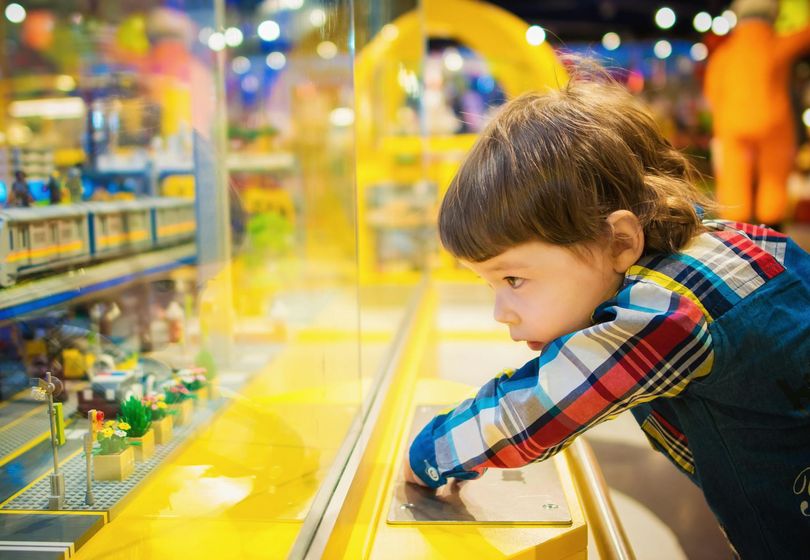
When it comes to buying toys for children, safety should always be the number one priority for parents. With countless options available in the market, it can be overwhelming to choose toys that are safe and appropriate for your child's age. Understanding what to look for in safe toys is essential to ensure that your child can play and have fun without any risks. Here are some guidelines on what to consider when purchasing toys for your little ones:
1. Non-Toxic Materials
Opt for toys made from non-toxic materials to minimize the risk of exposing your child to harmful chemicals. Look for labels that indicate the toy is free from substances such as lead, phthalates, and BPA.
2. Age-Appropriate Toys
Check the recommended age for the toy to ensure it is suitable for your child's developmental stage. Age-appropriate toys are designed with safety in mind and are less likely to pose a hazard to young children.
3. Avoid Choking Hazards
Be mindful of small parts or pieces that could pose a choking hazard, especially for younger children. Inspect the toy for any loose components that could easily break off and be swallowed.
4. Certified Toys
Look for toys that have been tested and certified by safety organizations such as ASTM International or the Consumer Product Safety Commission (CPSC). These certifications indicate that the toy meets specific safety standards.
5. Toy Quality
Invest in high-quality toys that are durable and well-made. Check for any sharp edges or points that could potentially harm your child during play.
6. Supervise Playtime
Always supervise your child during playtime, especially with new toys. Monitoring their interactions with toys can help prevent accidents and ensure their safety.
7. Read the Instructions
Read the toy's instructions and warning labels carefully before giving it to your child. Following the manufacturer's guidelines can help reduce the risk of accidents or misuse.
8. Stay Informed
Stay informed about toy recalls or safety alerts by subscribing to relevant newsletters or checking online resources. Being aware of potential risks associated with certain toys can help you make informed purchasing decisions.
9. Toy Maintenance
Regularly inspect your child's toys for wear and tear. Dispose of any broken or damaged toys to prevent accidents and ensure that your child's playthings remain safe to use.
Conclusion
By following these toy safety tips and guidelines, parents can make informed choices when purchasing toys for their children. Prioritizing child safety, choosing non-toxic materials, opting for age-appropriate toys, and staying informed about toy safety standards are essential steps in ensuring that your child's playtime is both fun and safe.
